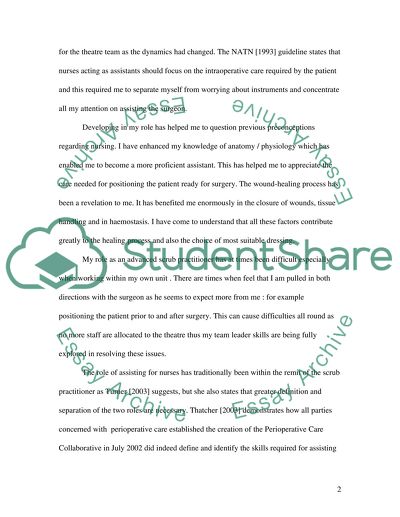Cite this document
(“Nursing in the United Kingdom Personal Statement”, n.d.)
Nursing in the United Kingdom Personal Statement. Retrieved from https://studentshare.org/health-sciences-medicine/1504572-nursing-in-the-united-kingdom
Nursing in the United Kingdom Personal Statement. Retrieved from https://studentshare.org/health-sciences-medicine/1504572-nursing-in-the-united-kingdom
(Nursing in the United Kingdom Personal Statement)
Nursing in the United Kingdom Personal Statement. https://studentshare.org/health-sciences-medicine/1504572-nursing-in-the-united-kingdom.
Nursing in the United Kingdom Personal Statement. https://studentshare.org/health-sciences-medicine/1504572-nursing-in-the-united-kingdom.
“Nursing in the United Kingdom Personal Statement”, n.d. https://studentshare.org/health-sciences-medicine/1504572-nursing-in-the-united-kingdom.


